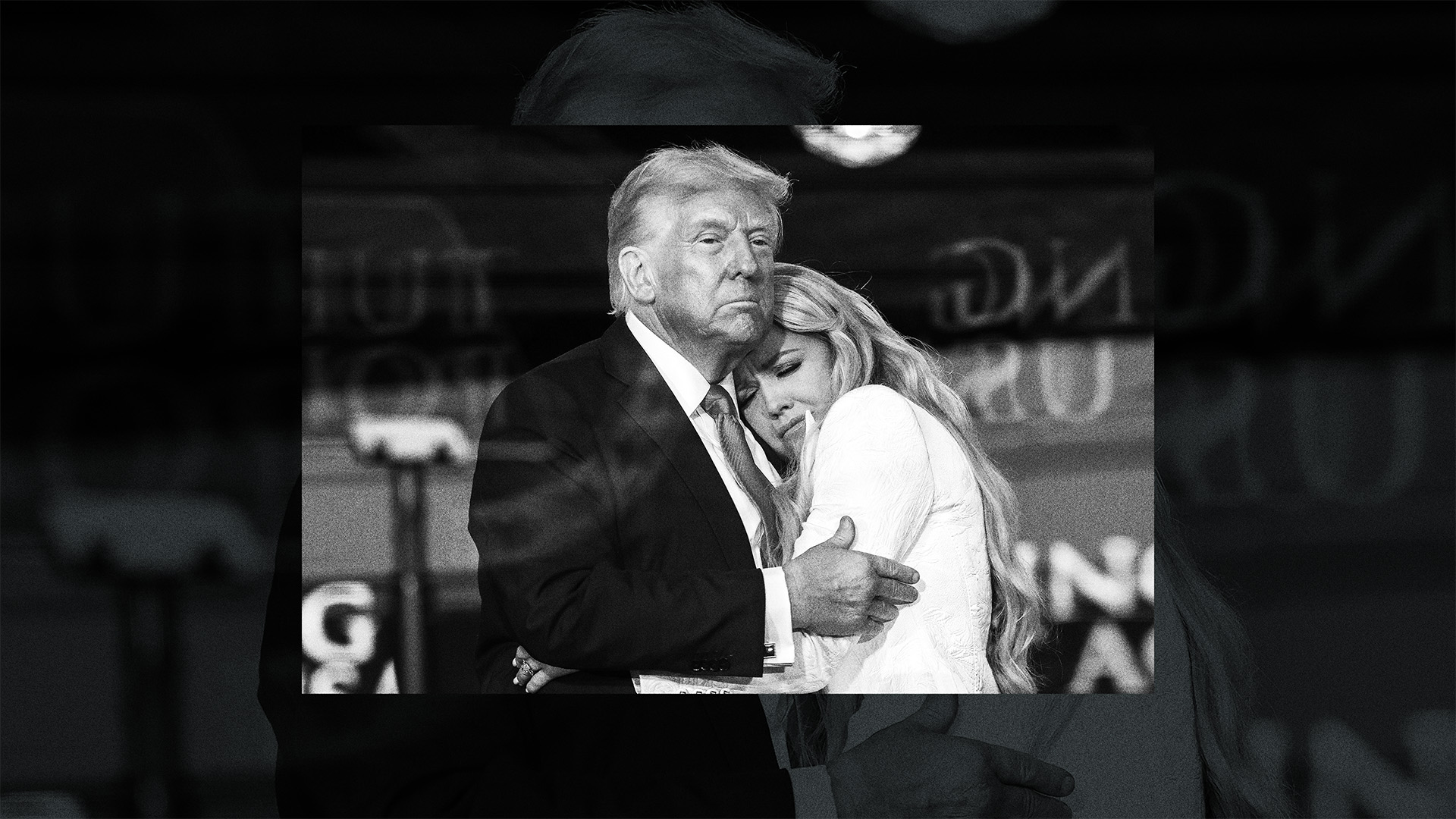It’s comforting to minimise the extent to which we need to worry about the far right as a force to be reckoned with in British politics.
Yes, between 110,000 and 150,000 people are estimated to have attended Tommy Robinson’s Unite the Kingdom rally, Britain’s largest ever far right protest. But it was disorganised. The violence against the police was confined to the edges.
Many of those who attended did not stick around to hear the speeches in Whitehall; Tommy Robinson claiming there is “an orchestrated, organised invasion and replacement of European citizens”, and Elon Musk warning by video link that “violence is coming” and “you either fight back or you die.” Even the government initially seemed relaxed; Peter Kyle, the government minister doing the broadcast rounds the Sunday morning after the march, told Sky News that the march itself didn’t disturb him, just the violence at its fringes.
This is a mistake. The racist, far right politics espoused by Robinson and his acolytes have the potential to gain traction in the years ahead, and everyone involved in the political system who abhors them needs to be taking this threat deadly seriously. It is true, as Paul Mason argued here last week, that British fascism has never captured imaginations on any significant scale, save for some very limited electoral success in the 2000s. But today there are the conditions that could in time see them break this glass ceiling.
First, social media undoubtedly played an important role in recruiting people who would not otherwise have found their way to a far right demo. A world where so many people consume the news via feeds and algorithms that push out polarising misinformation and conspiracy theories is ripe for far right radicalisation.
It doesn’t help that there are often grains of truth at the heart of these recruiting campaigns that end up wildly distorted: the complete inability of even senior police leaders to understand the lawful limits to their interference with people’s free speech rights, for example, feeds exaggerated claims about two-tier policing.
The Labour government’s politicised response to the grooming gangs scandal – which effectively amounted to “nothing to see here” before predictably U-turning to launch a much-needed national inquiry – feeds the idea that the cover-up culture that existed at the local level extends into national Labour politics.
Suggested Reading


Tommy Robinson’s march was a drunken, coked-up mess
Then there is the economy: most significantly, the fact that living standards have essentially stagnated since the 2008 financial crisis. Layer this on top of some of the worst geographical inequalities to be found amongst wealthy nations, the poor state of key public services like the NHS, and a housing crisis, and you have the raw ingredients for the politics of resentment.
This, too, has been made worse by Labour’s strategy, this time of telling voters they would fix the economy within five years in the run-up to the last election, a pledge that might have worked to win votes but which was never going to be deliverable given that the UK’s lacklustre growth is a product of long-term structural issues such as a lack of business investment that cannot be fixed overnight.
Finally, concerns about asylum claims – dubbed “illegal immigration” by the right – have increased as a result of the high visibility of small boat crossings in the media, and the fact that so many asylum seekers have to be housed in hotels, a very expensive policy necessitated by the previous Conservative government’s policy to stop processing asylum claims that created a huge backlog. Again, Labour’s political strategy seems as though it could have been designed to fuel the politics of resentment and erode trust in mainstream politicians.
Like his predecessor Rishi Sunak, Keir Starmer has himself increased the salience of this issue by adopting braggadocio rhetoric about stopping the small boats, all the while setting himself up for failure, because the reality is that it is very hard for any government to do much about the numbers of people crossing the Channel. The government’s “one in one out” scheme with France is operating on far too small a scale to have any deterrent effect.
Neither concerns about the economy nor asylum will themselves make the far right into an electoral force. But if Labour fails at either or both, this will only continue to undermine already-low levels of faith in the political system; trust in politicians has more than halved since the mid-1980s, and fewer than one in three voters think democracy is working. It will drive voters into the arms of Reform, making prime minister Farage a more likely prospect than it has ever been.
If that comes to pass, there is no chance Reform’s brand of right wing populism will fix the long-term issues that are undermining people’s economic wellbeing. And the risk will be that voters disillusioned with Reform don’t return to the arms of mainstream parties; that some will find something to like in ever-more extreme forms of hard-right politics.
In other words, Reform could end up acting as a gateway drug for the likes of Tommy Robinson. British fascists are certainly not yet in an organisational position to take advantage of this, but this, too, could change.
So the Unite the Kingdom rally should be sending alarm bells ringing through the corridors of Westminster. Only a change in approach from the mainstream parties can stem growing support for right wing populism, and ultimately keep a lid on the far right. But the Tories, ravaged by a historic and deserved election defeat, are nowhere; their current strategy seems to be weakly impersonating Reform
Despite his huge majority, Starmer is deeply unpopular, and in repeatedly promising things he can’t deliver, he is playing into the hands of Farage and Robinson. Politics has never felt less equal to the task.




